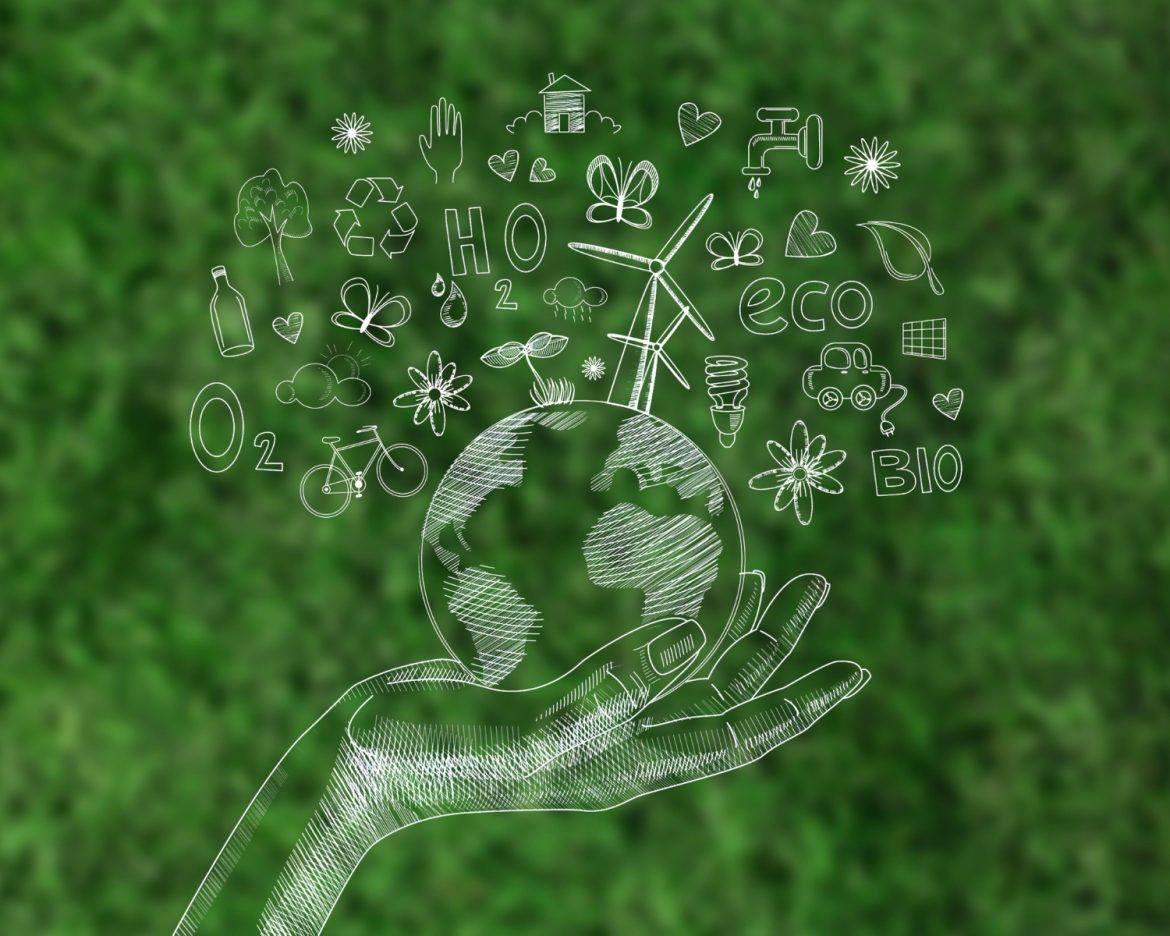KEY POINTS
- Expanding energy access through renewable sources is vital for Africa’s growth but requires significant investment.
- Substantial financial resources and global collaboration are essential for Africa to achieve net-zero emissions.
- Africa’s abundant renewable resources offer opportunities for sustainable development, contingent on overcoming infrastructural and regulatory challenges.
Reducing emissions to net-zero by the middle of the century is the global goal, and while African countries face certain difficulties, they also have lots of potential.
Africa has a negligible contribution of greenhouse gases to the global atmosphere, but the continent suffers the consequence of the effect of these gases. Achieving net-zero targets requires striking a delicate social, political, and economic equilibrium necessary for the overall progress of the countries with no harm to the environment.
Economic development and energy access
Dependencies can be seen with regard to the level of the economic development in African countries, and access to energy. Currently around 600 million people in Africa do not have access to electricity which must be solved in order for Africa to develop further.
Renewable energy solutions provide a bridge towards unlocking potential in energy access while also reducing emissions impact. However, one of the biggest challenges for most African nations is the capital cost that is needed to realize the renewable infrastructure.
Financial support and international cooperation
Achieving net-zero emissions in Africa requires substantial financial resources. Estimates suggest that the continent needs approximately $2.8 trillion by 2050 to transition to a low-carbon economy. International cooperation and financial support are essential to meet these needs.
At the upcoming COP29 UN climate talks in Baku, discussions will focus on a proposed global target to provide at least $1 trillion annually to aid poorer nations in combating climate change.
Renewable energy potential
Africa possesses abundant renewable energy resources, including solar, wind, and hydroelectric power. Harnessing these resources can drive sustainable development and reduce reliance on fossil fuels.
For instance, South Africa has made tangible progress towards implementing its net-zero goals by investing in renewable energy projects.
However, realizing this potential requires overcoming barriers such as inadequate infrastructure, regulatory challenges, and limited technical expertise.
Social and environmental considerations
The transition to net-zero emissions must consider social and environmental factors. Projects aimed at preserving forests and selling carbon credits have raised concerns about risks to Indigenous livelihoods.
For example, a Dubai-based company’s land deals in Africa have sparked fears over potential impacts on local communities.
Ensuring that climate initiatives do not adversely affect vulnerable populations is crucial for equitable and sustainable development.
Policy frameworks and nationally determined contributions (NDCs)
African nations are developing policy frameworks to align with global climate goals. Nationally Determined Contributions (NDCs) under the Paris Agreement outline each country’s efforts to reduce national emissions and adapt to climate change impacts.
For instance, Nigeria ratified the Paris Agreement in 2017 and has pledged to reduce its greenhouse gas emissions by 20 percent by 2030, with the condition of 45 percent reduction with international support. Implementing these commitments requires robust policies, effective governance, and continuous monitoring.
Balancing economic growth and emission reductions
However, there is a compromise between growth and emission cuts and the African continent as a result has to make some choice on which to go for between the two.
In the past, developed countries have always emitted most greenhouse gasses into the atmosphere, now developing countries are being directed to concentrate on renewable energy sources rather than fossil fuels.
For example, African nations are now advised to enter into renewable energy including wind and solar power with battery storage which appears cheaper than gas and more suitable for rural electrification.
The change of demography in Africa brings out certain challenges that need to be managed in a way that does not hinder the economic development of the continent.



